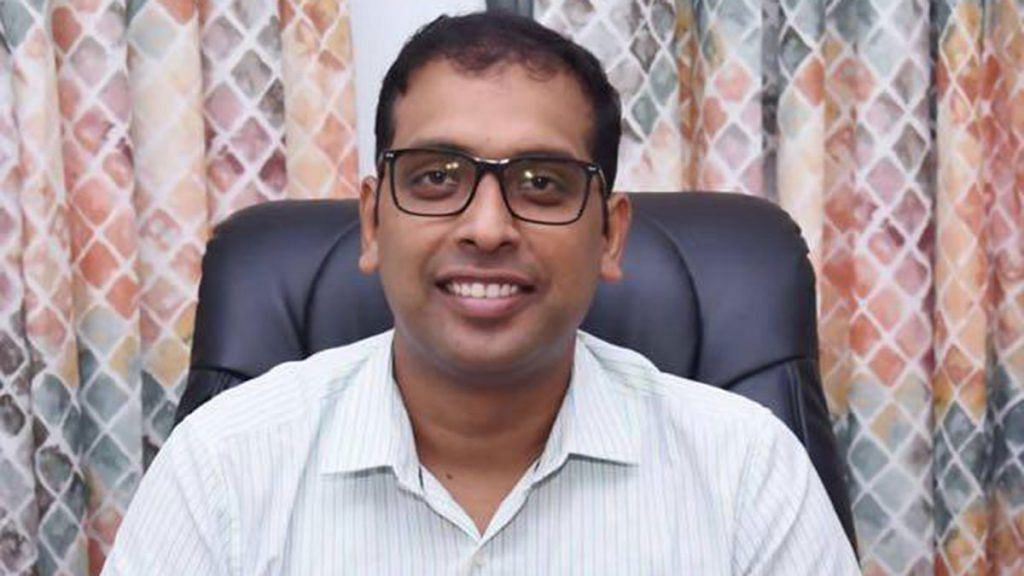Asheesh Singh, the Indore municipal commissioner, was behind efforts that cleared 13 lakh tonnes of refuse in just six months through bio-mining.
New Delhi: As several parts of the country continue to struggle with India’s humungous garbage problem, an IAS officer in Madhya Pradesh has managed to clear over 13 lakh tonnes of refuse in just six months in the city of Indore.
A 2010-batch IAS officer of the Madhya Pradesh cadre, Asheesh Singh, was appointed as the municipal commissioner of the Indore Municipal Corporation (IMC) in May 2018.
He says that he turned to address the problem as even after four years of Prime Minister Narendra Modi’s Swachh Bharat Abhiyaan, the process of clearing a 100-acre dumpsite in Indore was moving at a snail’s pace.
“In two years, only about 2 lakh tonnes of garbage was cleared,” Singh told ThePrint.
Soon after he was appointed as the municipal commissioner, Singh identified the problem: The high cost of clearance.
Under the previous model, the government had outsourced the task to private agencies, which were charging Rs 475 per cubic metre. The whole task would have cost over Rs 60-65 crore, and taken a painfully long time to conclude.
Finally, when Singh managed to clear the dumpsite, no more than Rs 10 crore was spent on the entire process.
“When we realised that the problem was of funding, we decided to rent machines for bio-mining instead of outsourcing the whole process,” Singh said. “The machines were rented to us at a cost of Rs 7 lakh per machine per month.”
“We operated the machine for 14-15 hours daily using our own resources, and within six months, 13 lakhs of garbage was cleared,” he added.
Also read: This IAS officer scored 171 out of 170 at Harvard. Now, he plans to solve India’s problems
The process
Bio-mining refers to the process of segregating waste into biodegradable and non-biodegradable segments, and according to Singh, is “a proven technology” and has been used extensively in Indore.
“The problem was only in the model of funding… Once that was sorted out, the process was wound up within six months,” he said.
The worth of the land reclaimed by the government is about Rs 400 crore and will now be developed into a golf course.
The Indore civic body, meanwhile, is using wet waste to produce methane gas — which is being used for public buses in the city — and compost, which is given to farmers for agricultural and horticultural use, Singh said. The dry waste is used for recycling.
It is a model that is bound to be adopted across India, Singh said. “100 per cent, we will move from the per acre model to the rent model across India.”
The municipal commissioner of Chandigarh is already in touch with Singh in this regard. “Chandigarh pays Rs 750 per cubic metre for clearance right now, which is very high,” Singh said. “So they are interested in the Indore model and we have shared our tender document with them.”
According to him, the Ministry of Urban Development and Housing at the Centre too has shown interest in adopting this model throughout India.
